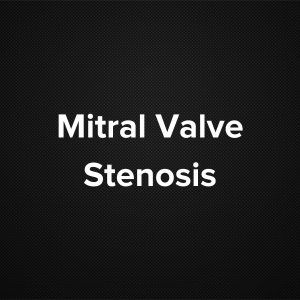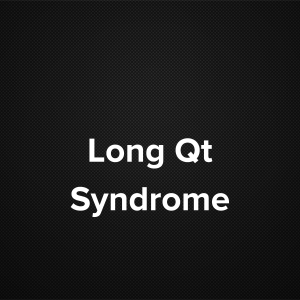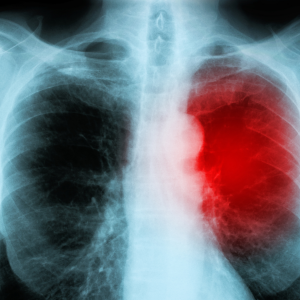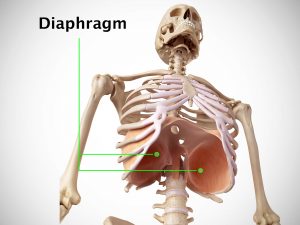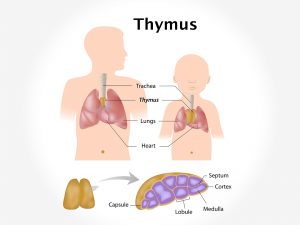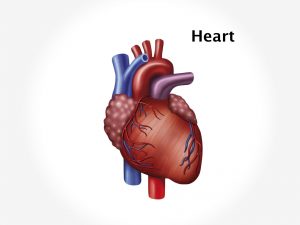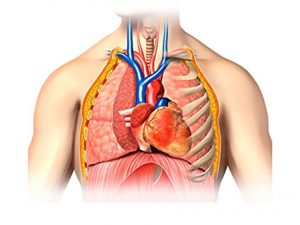Causes and risk factors
Heart murmurs are of two types innocent and abnormal. Innocent heart murmur is harmless and usually present in newborns and children. An abnormal heart murmur suggests overworked or damage to the heart valves. Congenital heart defect [CHD] like valvular diseases that cause a heart murmur are mitral valve prolpase, mitral valve stenosis, aortic valve stenosis, pulmonary valve stenosis, mitral or aortic regurgitation. In adults heart murmurs can be heard due to infection to heart valves such as in infective endocarditis. Conditions such as pregnancy, anaemia, fever, high blood pressure, overactive thyroid can be contributing factors.
Clinical presentation
Many times patient is asymptomatic due an innocent murmur. Abnormal murmur is a sign of an underlying heart disease. A heart murmur is classified on various grounds such as time of occurrence, location, pitch, intensity of sound, etc. A murmur can be systolic or diastolic. Location can be 2nd right or 2nd left intercostal space, 5th left intercostal space or 5th left mid clavicular intercostals space depending upon the part of heart affected. It may be low, medium or high pitched. It can be barely audible or loud with or without palpable thrill. A heart murmur in CHD is accompanied with symptoms such as laboured feeding in children, tiring easily, has shortness of breath, and has heavy or rapid breathing, poor appetite, and no weight gain. In valvular stenosis features such as excessive perspiration on slight exertion, fatigue, palpitations, cyanosis, swelling in the legs and loss of consciousness may also be present with heart murmur. Chronic cough enlarged liver, enlarged neck veins may be associated symptoms. In severe cases lung congestion and symptoms of pulmonary hypertension such as cough, dyspnoea, chest pain may lead to congestive cardiac failure.
Investigation
Medical history by the patient or the parents in case of children and Clinical examination by the doctor helps in diagnosis. A cardiac murmur can be easily heard by a stethoscope on auscultation with detail clinical evaluation by the doctor which will help to detect underlying heart abnormality. To find the cause of heart murmur CBC, chest X ray, ECG is done. Echocardiography, cardiac catherization will confirm the diagnosis.
Treatment
Treatment depends upon the underlying cause. No treatment is required for asymptomatic patients. Innocent murmurs remain lifelong causing no harm. Abnormal murmurs require surgical correction of the defective heart such as valvuloplasty, open heart surgery depending upon the cause. Medications are given in medical conditions causing heart murmur, which will increase the heart contractions, reduce the blood volume and regularise heartbeats. Symptomatic treatment and supportive care is given to manage the patient. Regular careful monitoring will help to prevent complications. Avoidance of physical exertion will also help in managing the patient with abnormal heart murmur.
Other Modes of treatment
The other modes of treatment can also be effective in treating heart murmur. Homoeopathy is a science which deals with individualization considers a person in a holistic way. This science can be helpful in combating the symptoms. Similarly the ayurvedic system of medicine which uses herbal medicines and synthetic derivates are also found to be effective in treating heart murmur.

